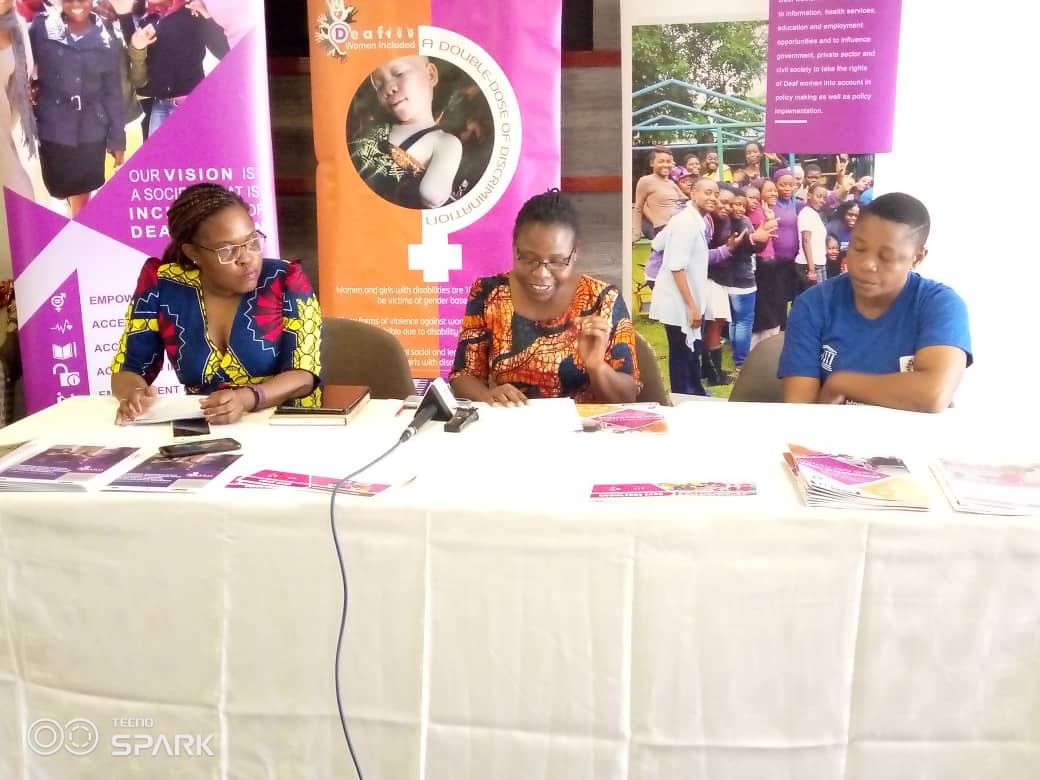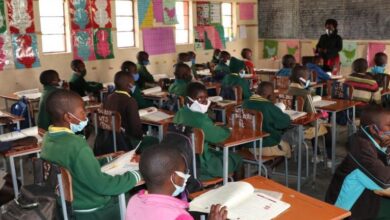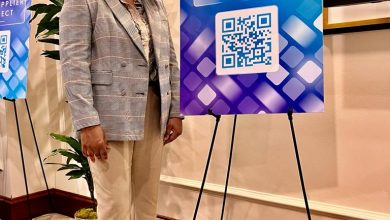Calls for Gender-Responsive Law to Protect Women and Girls with Disabilities In Zimbabwe

By Staff Reporter
Local grassroots organisation that works with deaf women from across all provinces in the country says there is urgent need for gender-responsive legislation in Zimbabwe to protect women and girls with disabilities.
In an interview Deaf Women Included (DWI) director Agness Chindimba said the multiple forms of discrimination significantly increase their vulnerability to gender-based violence, harmful practices, poverty, and marginalization.
“The rational for calling for gender responsive law has been necessitated by the fact that women and girls with disabilities continue to face intersecting forms of discrimination due to their gender, disability, and social and negative cultural norms as well as religious beliefs. These factors increase their vulnerability and put them at a higher risk of gender-based violence (GBV), sexual and gender-based violence (SGBV), Harmful Practices (HPs), poverty and marginalisation,” Chindimba said
She said the lack of accessible information on how to navigate the legal system after experiencing crime or gender-based violence further exacerbates their difficulties.
“Disabled women and girls are significantly disadvantaged with regards to access to justice. There is very little accessible information on what to do after experiencing crime/ GBV not to mention police stations and court houses are poorly equipped to handle persons with disabilities; reason being, they have limited knowledge on dealing with disabled survivors and many resort to victim blaming. Thus, remaining at the marginal end of economic empowerment in wake of this,” she said
To address these pressing issues, Chindimba called for the development of a law that not only upholds gender-equality principles but also ensures their practical implementation.
“Therefore, the development of a law which protects women and girls with disabilities should set the precedence for Zimbabwe to enact laws that affirm the gender-equality principle and guarantee gender equality in practice. This includes ensuring the protection of women and girls with disabilities from discrimination in all aspects being political, economic or social, as well as from any form of violence or abuse that affects them disproportionately.
“DWI encourages the government of Zimbabwe to ensure that the drafting process of the bill widely consults through an inclusive process and makes consideration of specific needs in lived realities of women and girls with disabilities with a commitment to award them full rights in principle and in practice. For it to be effective, gender-responsive law-making must include measures to secure and monitor implementation of legislation, including the allocation of adequate resources and gender-responsive budgeting,” said Chindimba.









